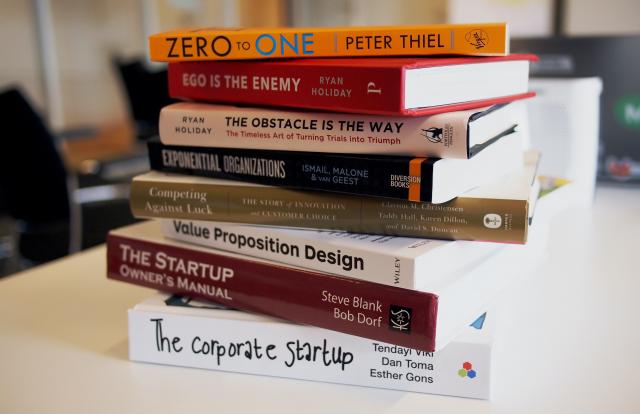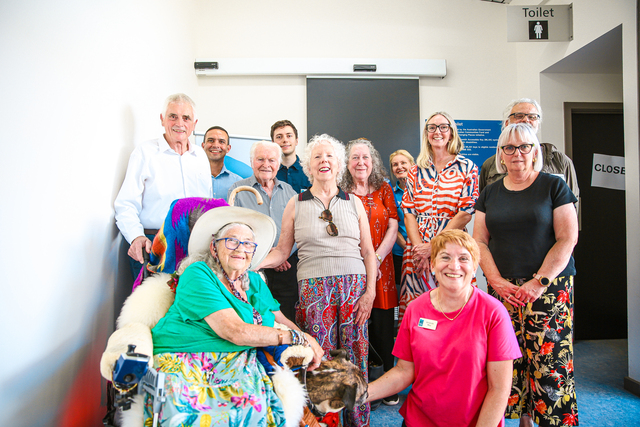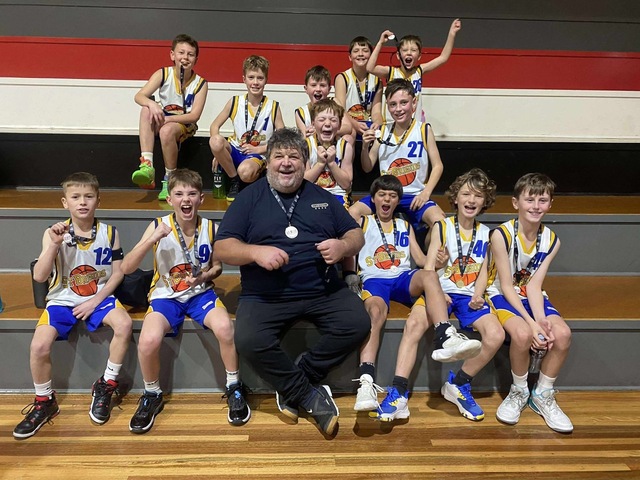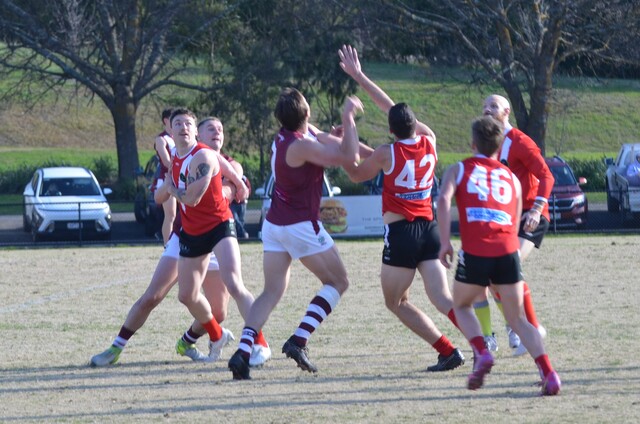In September 2023, we reported the findings of the Australia Reads Research Review to help readers understand contemporary reading trends.
A non-profit organisation, Australia Reads promotes “the positive impacts of books and reading on our society”. Its mission is to “get more people reading more books, more often”.
Australia Reads recently released a new report from the “Teen Reading in the Digital Era” research project at Deakin University, which offers “insights into book discovery and reading for pleasure in Australian teens”. Here, “reading for pleasure” is defined as reading that “makes us happier, healthier, and more empathetic” and “helps us to make sense of ourselves”.
The “Discovering a Good Read” report is based on a survey of 13,217 Australian teenage readers from across Victoria, New South Wales, Queensland and Western Australia between March 2022 and June 2023.
Its findings show that those surveyed engage extensively with social media and video games.
Perhaps unsurprisingly, reading ranks low in the hierarchy of leisure activities for Australian secondary school students, with 25% not engaging it on a typical weekday during the school term.
When asked about the frequency with which they read for pleasure in a typical week during the school term, 29% of teenagers admit they don’t read books in their free time.
Meanwhile, among those secondary schoolers who do read, 73% mainly read print books, compared to 18% who read print books and ebooks equally and 10% who prefer using ebook readers.
In terms of genre, 58% prefer fiction, compared to 9% for non-fiction and 29% who enjoy both equally.
Interestingly, based on the frequency and time spent reading, as well as feelings about reading books for pleasure, the report identifies seven distinct reading clusters – Book Abstainer (33%), Casual Dabbler (16%), Fiction Fanatic (12%), Regular Bookworm (10%), Holiday Browser (10%), Sparse Reader (10), and Rushed Fans (9%).
A Book Abstainer is characterised as one who “doesn’t read books at all”, has “neutral to negative feelings about reading” and “rarely reads articles or blogs”.
Understandably, Book Abstainers are the most active on social media.
They are also most likely to report that their friends’ reading habits closely match their own lack of engagement with books.
Indeed, important lessons may be learned from the reasons that Book Abstainers give for not reading.
These include: “I prefer doing other things”, “I don’t like reading”, “reading is not fun”, “it’s hard to find anything good to read”, “I read at school so I don’t want to read at home”, “I’m not very good at reading”, and “there are not many books about people like me”.
Finally, Australia Reads recommends seven ways to support teenagers in reading for pleasure, starting with allowing them to choose their own reading material.
While parents can help invest in school libraries and librarians, they themselves can also start reading and make it a social activity among family and friends. Parents can further carve out time in their busy life schedule for young people to read, especially during the holidays.







